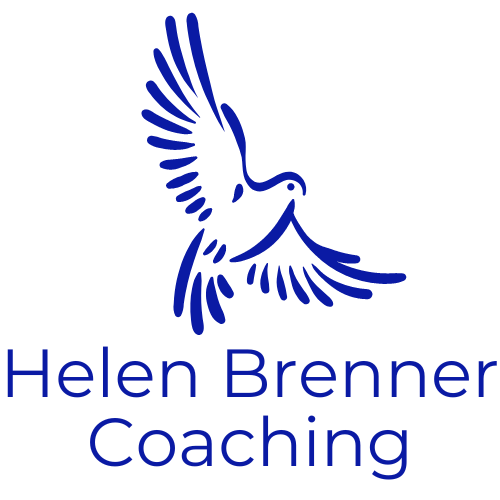I Don’t Want to Wrestle With My Brain
I don’t want to wrestle with my thoughts.
That feels like a battle I can’t win.
Why?
Because the unconscious mind is powerful — and it acts on what it’s learned throughout my life.
Instead of fighting it, I’ve learned to treat thoughts as signals — little indicators showing what’s happening inside my mind. They’re not commands, and they’re not always true.
They’re simply the brain’s way of holding things up for review — when we’re in the mental space to do so.
Otherwise, the unconscious takes over and reacts without guidance… often in ways we’re not a fan of.
What My Brain Tends to Offer
Historically, my inner voice liked to recycle the same themes:
I did something wrong. (from childhood sexual abuse)
It’s all or nothing. (from impatience and fear things would never get better)
It’s hopeless, so don’t bother. (from years of struggle with healing)
I have to prove myself. (from failure and being told I’d never learn)
For a long time, those thoughts ran my life. They showed up automatically, and I fused with them — believing they were facts, believing I was irreparably damaged.
Now I see them differently, because I know I was never broken. I wasn’t guilty. Healing simply took time and the right direction. The only person I ever needed to prove anything to was me. (By the way, I did learn — I earned degrees, certifications, and more along the way.)
I’d love to say those thoughts are gone, but the brain loves to find danger — and if it can’t, it’ll invent some just to stay busy. (That’s a story for another day.) But awareness of where those thoughts come from gives me something powerful: a pause button.
Now, I simply notice them — sometimes even laugh at them:
“Seriously? You’re giving me that one again?”
or, “Wait, what did you just make up?!”
A Loving Relationship with the Brain
Instead of fighting my thoughts, I’ve started thanking my brain. When it throws out a dramatic prediction, shame spiral, or guilty old script, I say:
“Thank you for showing me what’s going on in my mind.”
That shift turns my relationship with my thoughts from adversarial to compassionate. My brain isn’t the enemy — it’s trying to protect me, even when it gets it wrong.
(Which it does quite often.)
How Awareness Changes Everything
Here’s where the real power comes in:
Awareness — I don’t have to stop the thought; I just have to see it.
My brain loves to throw out weird ideas, and that’s okay.
Observer stance — the ability to notice from the outside, without judgment.
From this place, I can ask: Is this true, or just an old remnant from my past?
Compassion — self-love for the brain that’s doing its best with what it learned.
Even when the thought isn’t helpful, I can thank my brain for trying to keep me safe.
From this place, patience becomes possible — because change takes time, and the brain learns best through kindness, not control.
When you meet your thoughts with curiosity instead of combat, you stop being trapped by them. They become guideposts, not cages.
It’s Not a Battle for Control — It’s a Moment for Connection
Thoughts aren’t facts. They’re not enemies, either.
They’re messages from a powerful unconscious mind that’s constantly predicting, reminding, and protecting.
Freedom doesn’t come from controlling your thoughts — it comes from being aware of them, loving the brain that created them, and choosing what’s true for you now.
✨ Want to understand what your brain is really trying to do for you?
Let’s talk about how to raise your awareness and compassionately rewire your unconscious mind into one that spends more energy helping you than frustrating you.
💙 Helen

